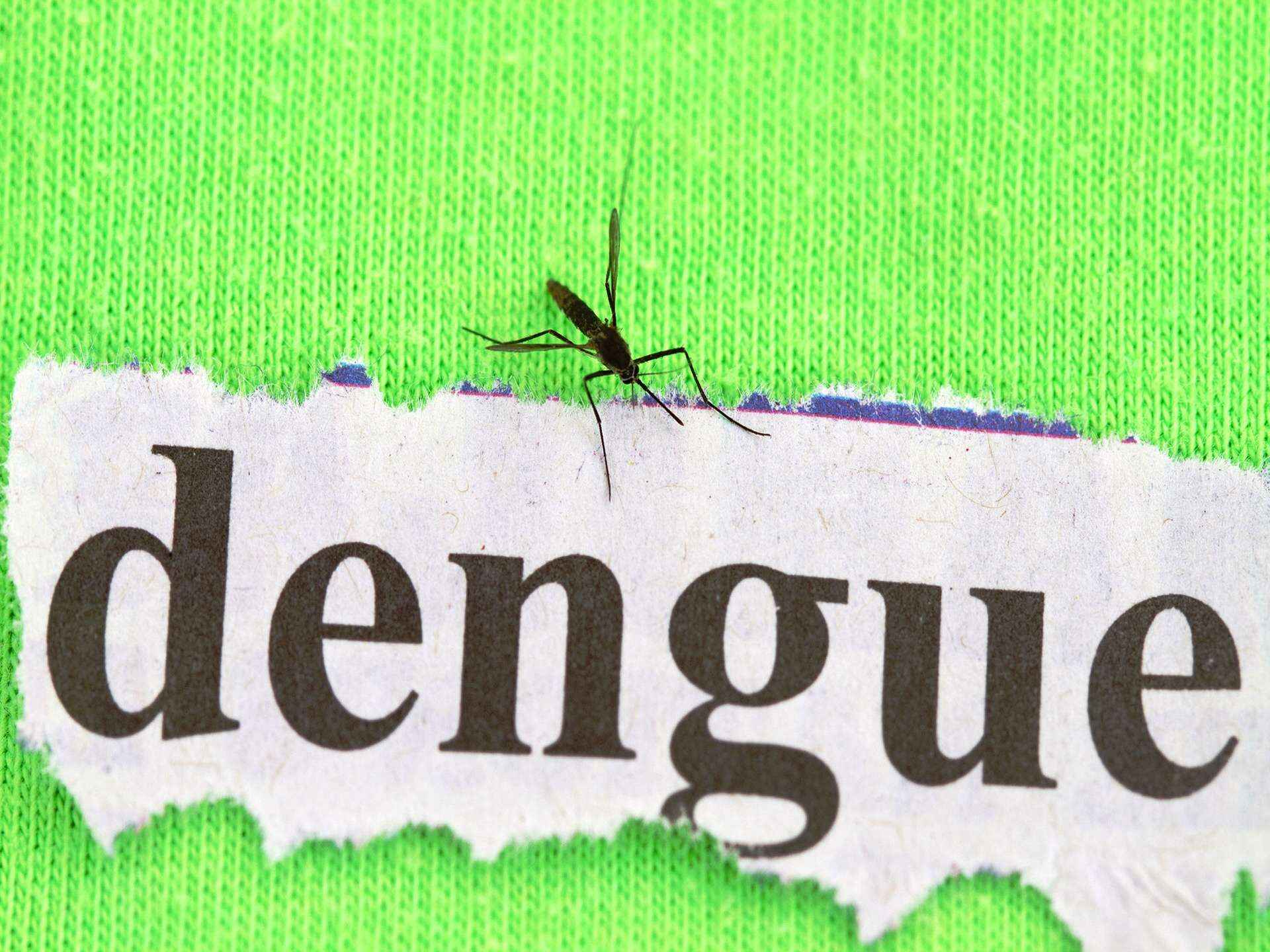Causes and risk factors
Aedes aegypti mosquitoes are the primary vectors of dengue. Dengue occurs when, female mosquito bites a person with dengue, the virus enters the mosquito and when this mosquito bites other healthy person, he gets dengue. Living or travelling to tropical areas, regions where dengue is prevalent, exposure to fresh water ponds are the contributing factors for dengue. Persons having history of dengue in the past is at higher risk of getting infected.
Clinical presentation
The prodromal symptom after the incubation period of 4-10 days is saddle back fever, often as high as 104-105°F, splitting headache, and pain behind the eyes. A flat, red rash may appear over most of the body early during the fever. A second rash, which looks like the measles, appears later in the disease. Fatigue, joint pain, muscle aches, insomnia, anorexia, swollen lymph nodes, bleeding from gums, nausea, vomiting are accompanying symptoms in the dengue patient. Patient normally recovers within 2-7 days. In advanced cases, called as dengue haemorrhagic fever, severe bleeding, epistaxis, severe vomiting and abdominal pain, liver enlargement, cardio respiratory failure leading to shock and ultimately death is seen. This is called dengue shock syndrome [DSS]
Investigation
Medical history by the patient and Clinical examination by the doctor helps in diagnosis. History of travelling may suspect the disease. Routine haemogram for estimation of platelet count is advised. Dengue NS1antigen is the specific test for diagnosis of dengue in first 5 days of infection. Other tests such as detection of IgM and IgG antibodies, RT- PCR, MAC ELISA, PRNT are also performed for diagnosis of dengue fever.
Treatment
There is no specific treatment for dengue patients. Early diagnosis of the disease reduces risk of complications. Supportive care like adequate hydration in the form of intravenous saline and by drinking plenty water, increasing fluid intake , medicines like paracetamol for controlling fever, analgesics and NSAIDs for relieving pain will help to manage the patient and prevent further infection and complications. Using mosquito repellents, mosquito nets, avoiding crowded places, clearing stagnant water contribute further for management of dengue.
Other Modes of treatment
The other modes of treatment can also be effective in treating dengue fever. Homoeopathy is a science which deals with individualization considers a person in a holistic way. This science can be helpful in combating the symptoms. Similarly the ayurvedic system of medicine which uses herbal medicines and synthetic derivates are also found to be effective in treating dengue fever.
Facts and figures
Every year about 100 million cases of dengue appear worldwide. Among them about5,00,000 people develop dengue haemorrhagic fever. Over 2.5 billion people in the world are at risk.






























